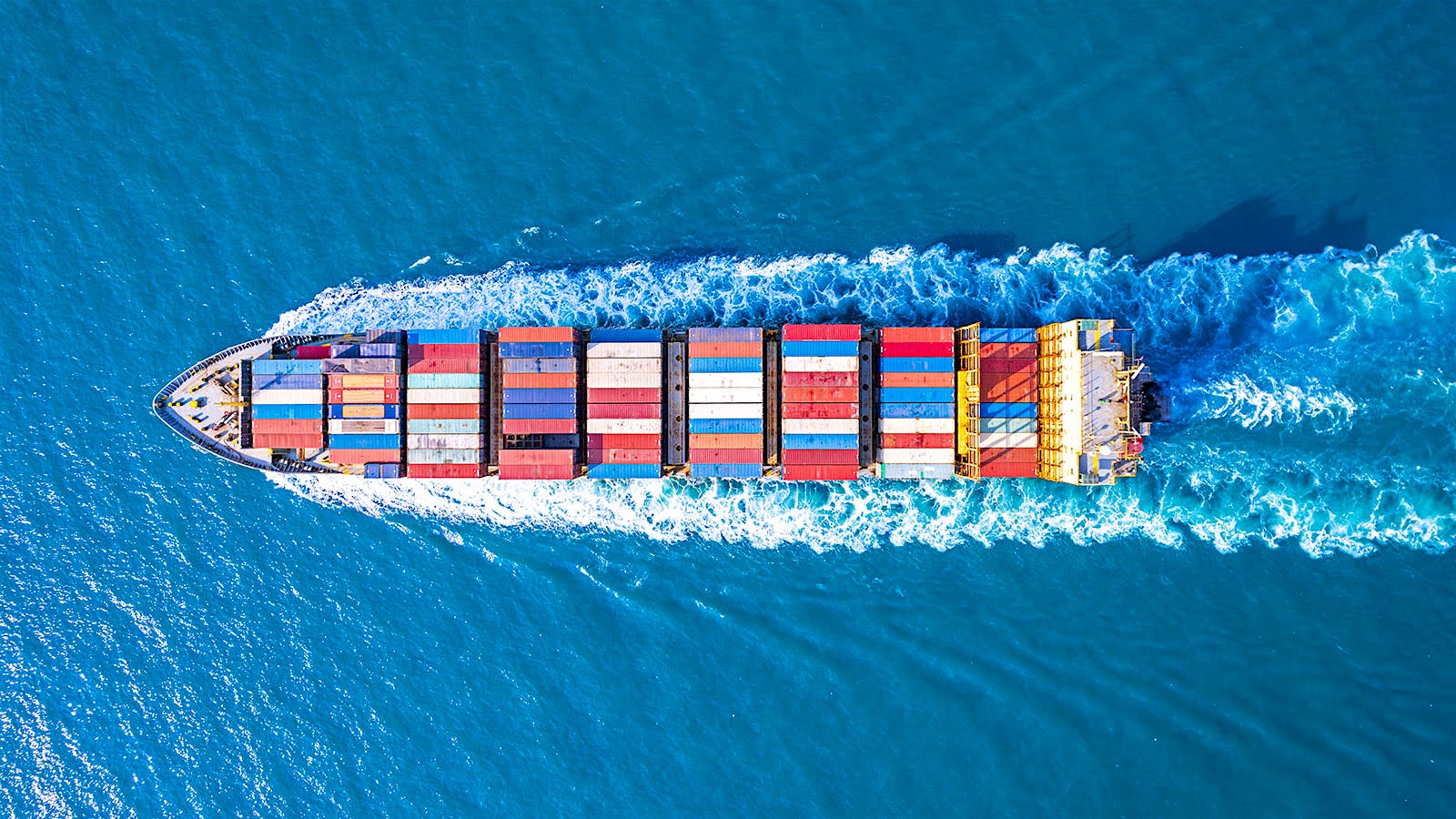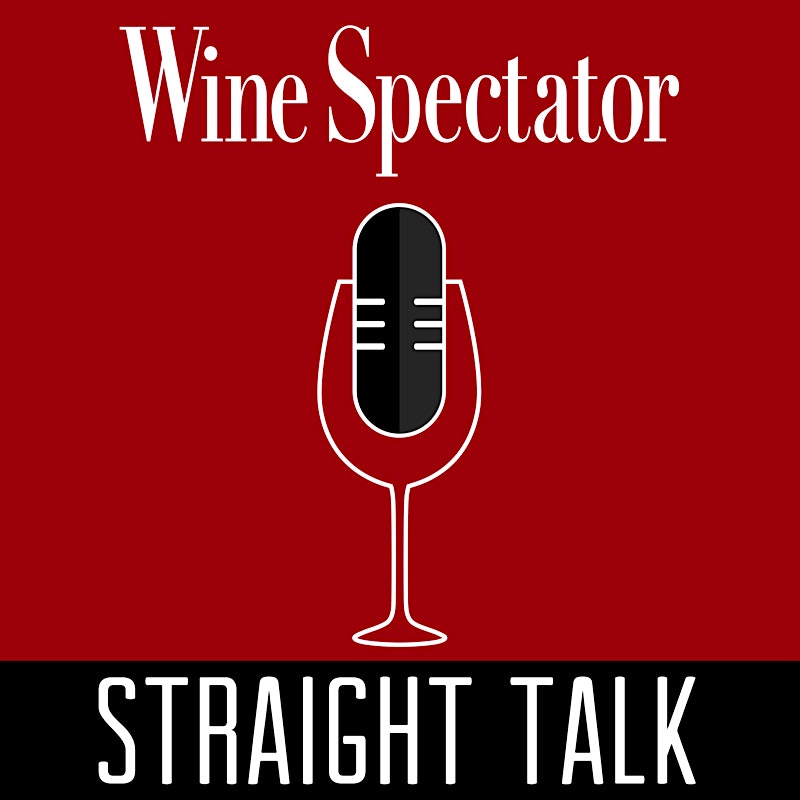In the days since the U.S. presidential election, American sommeliers, wine importers and wine store owners have been preparing for battle. Regardless of their political affiliations and preferred candidate, they now face a common fear—the return of tariffs on wine.
You might remember that in 2019, during the first Trump administration, the White House slapped 25 percent tariffs on wines from France, Spain and Germany. American wine importers paid $239 million dollars in tariffs over the next 18 months. The administration also considered imposing 100 percent tariffs on European sparkling wine.
So it’s understandable that those companies are gearing up to try and prevent new tariffs. They have hired some of the best lobbyists in Washington. They’re appealing to members of Congress. They’re explaining why tariffs on European wines actually hurt Americans.
Their arguments are correct. But I fear that won’t make a difference.
How Tariffs Work (And How They Don’t)
A tariff is a tax on an imported good. When the product, let’s say a bottle of red wine from Tuscany, arrives in the U.S., the importer must pay the tariff. If the winery is selling the wine to the importer for $15 a bottle, a 25 percent tariff bumps it up to $18.75. Next, it’s sold to a wholesaler, then to a retailer or restaurant and finally to you. At each stage of the process, the price is marked up. A wine that seemed like a smart buy can suddenly feel like an unreasonable splurge.
For decades now, globalization has expanded trade and tariffs have been primarily used as economic sanctions. When the first Trump administration imposed its wine tariffs, the U.S. was in a lengthy fight over airplane manufacturing with E.U. nations who were subsidizing Airbus, giving it an advantage over U.S.-based Boeing.
Because Airbus has a factory in Alabama and uses a lot of American parts in its planes and Boeing buys tail parts from Italy and door parts from France, the White House ended up imposing 10 percent tariffs on European airplanes—but 25 percent tariffs on European wines, Italian olive oil, Greek yogurt and single malt Scotches.
Gearing Up for a Fight
During 2019 and 2020, importers and their winery clients dealt with the tariffs in several different ways. Many swallowed at least some of the cost, something they could do because times were relatively good and they hoped the tariffs were temporary. They rode out the economic pain for a little while rather than raise prices and risk losing customers.
But that was a pandemic and a whole lot of inflation ago. The wine market is much weaker now. Sales have been shrinking for three straight years. Simultaneously, inflation has led to rises in prices for things like labels, bottles and shipping. Wineries and importers can't withstand much more pain.
During the tariff fight, wine merchants teamed up, forming the U.S. Wine Trade Alliance (USWTA) to lobby the government and spread awareness of how the tariffs hurt American companies—not just importers but restaurants and wine shops—far more than they hurt foreign wineries. USWTA research found that every dollar of European wine sold in the U.S. generates approximately $4.50 for American businesses.

During this year’s election campaign, the USWTA had been preparing for the possibility that Donald Trump would return to office and bring tariffs back. It hired lobbyists and began pointing out to members of Congress that local businesses in their districts would be hurt by tariffs.
“I think the key is for the American wine-consuming public to understand that tariffs on imported wine harm American businesses significantly more than it does E.U. ones,” says Harmon Skurnik, an importer and a USWTA board member. “A French handbag company can manufacture and then import their own products to the U.S. and even open their own retail store in the U.S. With wine, it's imported by a U.S. importer, who sells to a U.S. wine distributor, who sells to a U.S. restaurant or U.S. retailer. Because of this, most of the revenue generated from the sale of imported wine stays with U.S. businesses.”
When I wrote about the last round of tariffs, I received several emails supporting the measures, arguing that French wineries (and the missives usually singled out France) should be paying. But whether or not you support tariffs on foreign wine, let’s be clear on one point—the foreign wineries don’t pay them. You do. And so do multiple American companies. And there’s little evidence that the tariffs increased sales for domestic wineries.
“With tariffs on commodities like steel, one could argue that it might benefit American steel manufacturers,” says Skurnik. “But Chardonnay grown in the soil of Chablis produces a wine that cannot be recreated anywhere on earth. The same can be said for Nebbiolo in Piedmont, Pinot Noir in Burgundy or Tempranillo in Rioja. We love American wines, but they just are different than their European counterparts, even when they are made from the same grape.”
Why These Efforts Might Not Matter
The USWTA believes there will be new tariffs of some kind. Its hope is that the White House opts to target other products, like handbags and cheese. But those are the fights of the first Trump administration. There’s plenty of evidence to suggest Trump’s second term will be different.
During the recent campaign, Trump called not for targeted tariffs but for across-the-board tariffs on all foreign products, including 60 percent tariffs on all imports from China and tariffs between 10 to 20 percent on goods from all other countries.
The president-elect is not looking to impose the type of sanctions that have been common during the past 50 years of globalization. He wants to return to the tariff model of a century earlier, when duties on foreign goods were more universal and their purpose was to support domestic industries. Trump believes marking up prices on foreign goods will encourage companies to expand manufacturing in the United States, creating new jobs and a stronger economy. He’s also hoping tariff revenue will allow for lower income taxes. The tariffs are the point of the system.
There’s a lot of debate right now on how far he will go on tariffs once he takes office, but his philosophy is clear. I’m afraid there might not be anything the USWTA can do.
Will this help the economy overall or will it drive inflation back up? I will leave that to the economists. But for wine consumers, wine merchants and wineries, across-the-board tariffs will be painful. At a time when sales are slumping and our wallets are feeling squeezed, prices will rise. For domestic wineries, prices of imported glass bottles (many sourced from China) will also rise. And younger consumers, many of whom already see wine as too expensive compared with other products, will not find any reason to change their minds.
Check out all of Wine Spectator's past coverage of trade wars, wine tariffs and how they impact consumers.












